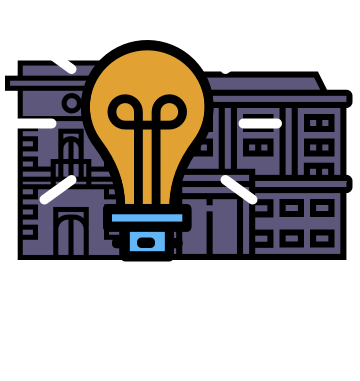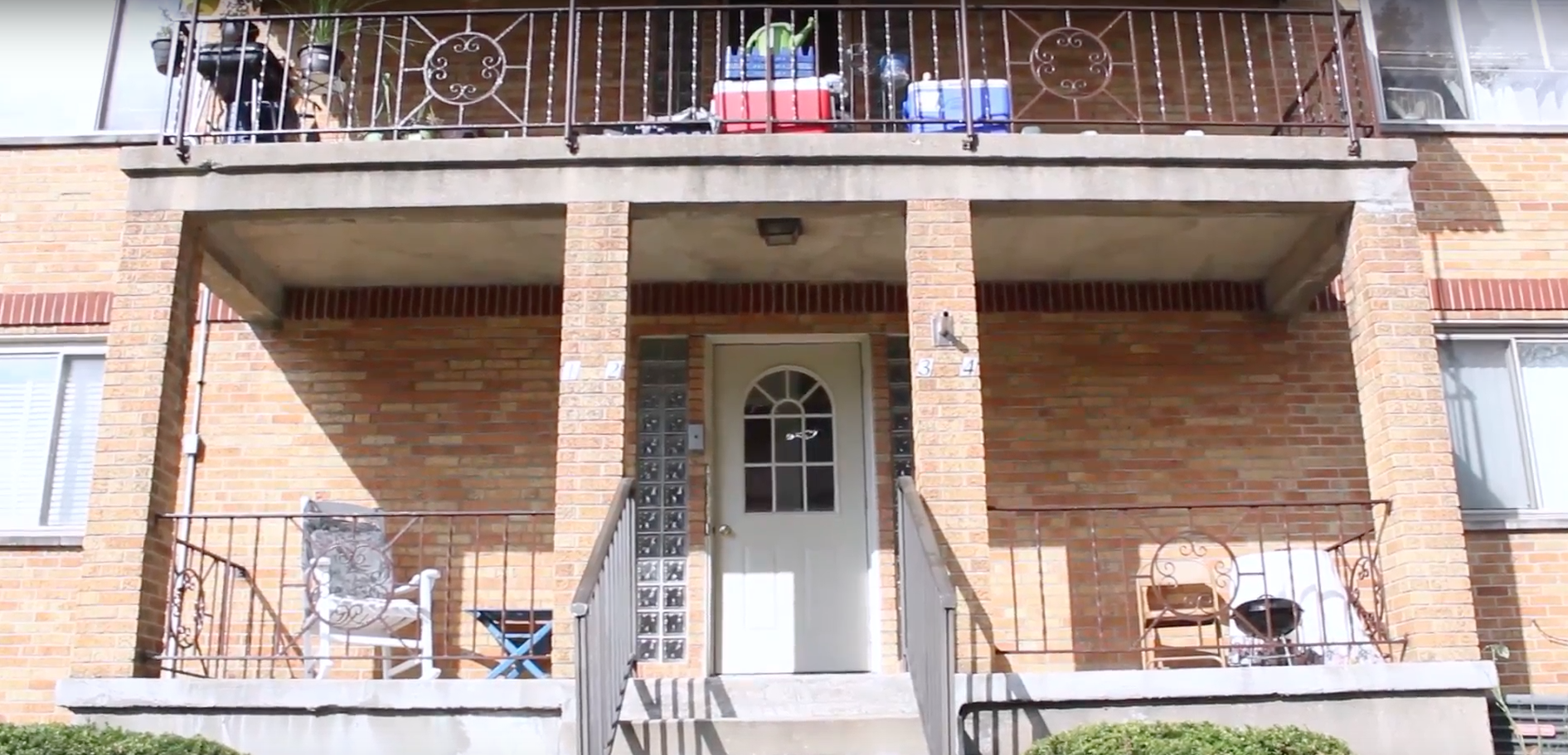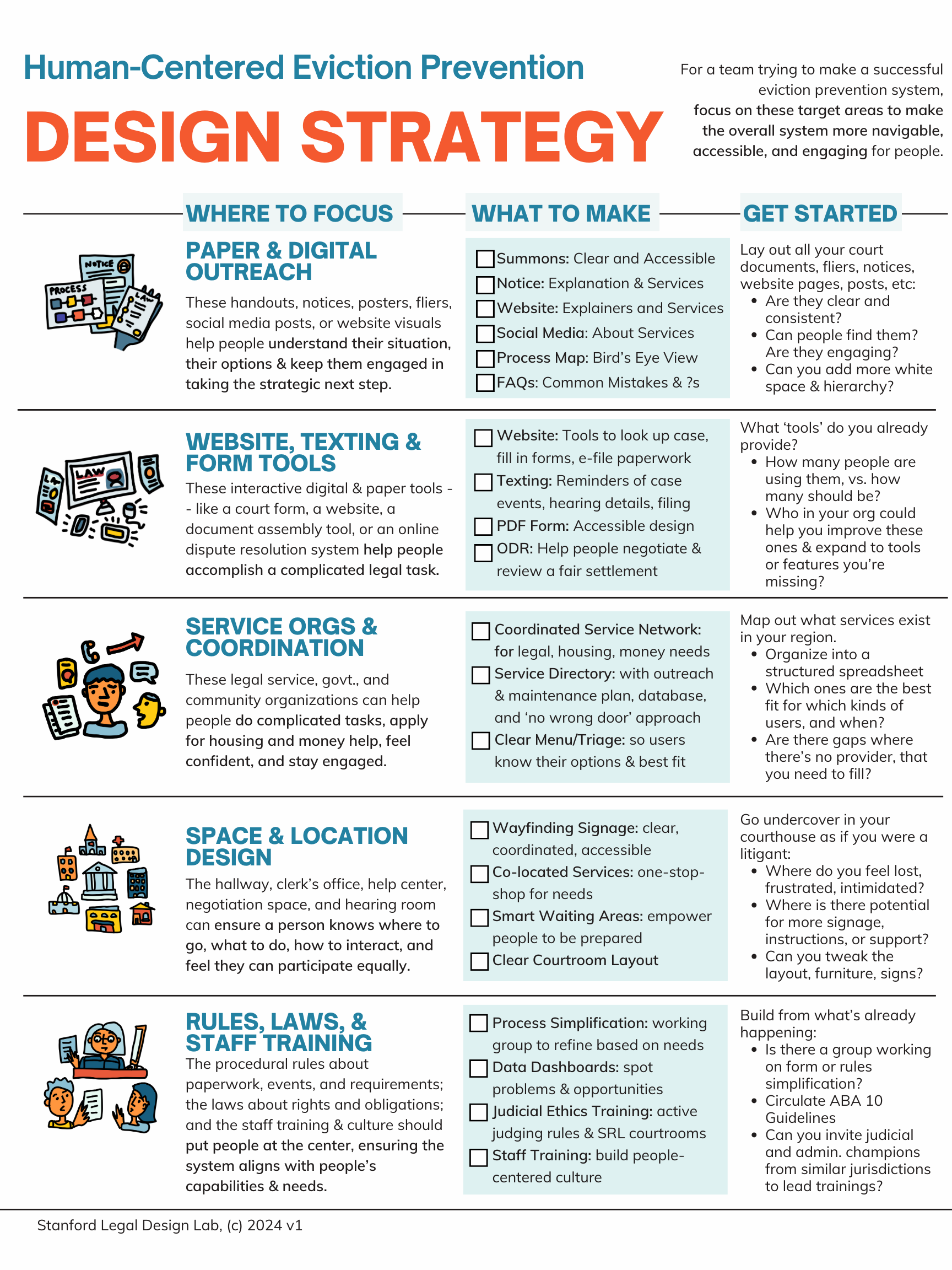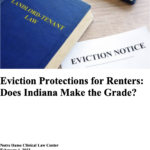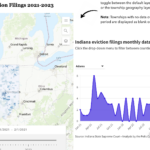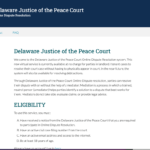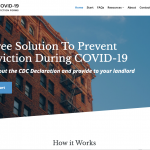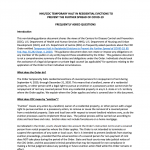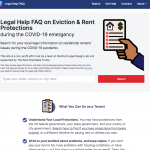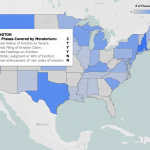
Court-based innovations
What can courts, judges, and clerks be doing to mitigate evictions? How can they divert cases away from eviction orders?
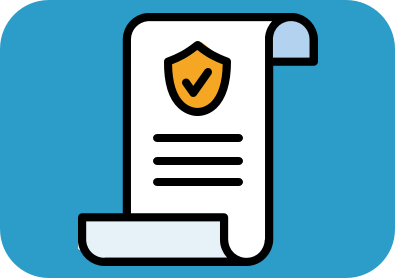
Policy and Law innovations
What legislation or rules can prevent evictions, limit their harm, and promote housing stability?

Legal Service innovations
How can legal aid, pro bono, legal navigators, and legal technologies help people protect themselves during an eviction?
Design Strategy Guide for Eviction Prevention
Are you working on a regional strategy to prevent evictions?
Are you creating a new eviction diversion program, right-to-counsel effort, or collaborative housing court?
Use our Design Strategy guide to know where to focus, what to make, and how to get started.
Emergency Rental Assistance How-To Toolkit
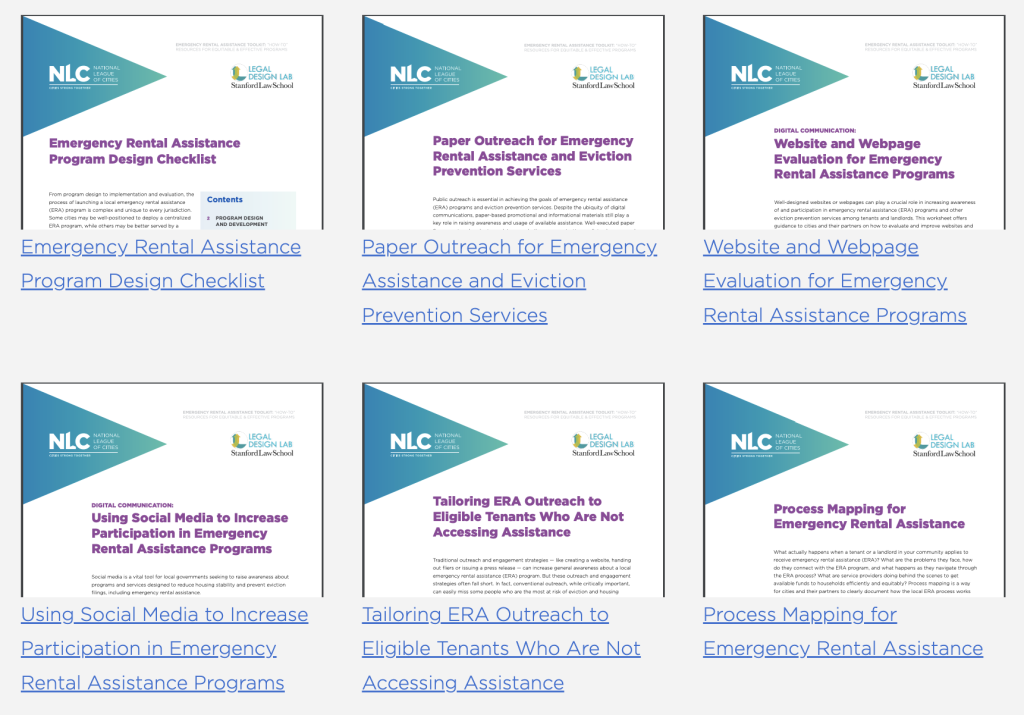
The Emergency Rental Assistance Toolkit is a 12-part series of how-to guides for making more impactful, equitable, and accessible Emergency Rental Assistance Programs.
The ERA Toolkit was made by the National League of Cities and Stanford Legal Design Lab, based on their technical assistance and research with cities across the US.
Get Updates on Eviction Prevention
Join our Slack workspace to get updates on what is happening with eviction prevention, resources, events, case studies, news, and more.
Our Latest Posts & News
- Eviction Diversion Data StrategyLessons from the Eviction Diversion Initiative for Coordinated Data & Outcomes Measurement Eviction diversion programs aim to prevent unnecessary displacement by connecting tenants and landlords with referrals, resources, and resolution options such as mediation. As these programs expand, evaluating…
- Introduction to Civil Diversion in courtsThe National Center for State Courts has a hands-on, detailed webinar that guides courts & community partners on Civil Diversion programs. This covers eviction diversion programs, as well as similar programs for other case types (like foreclosure diversion). Here’s…
- Understanding Evictions: A Guide to Using Local Court Data from New AmericaThe “Future of Land and Housing” group at the national thinktank New America has just released a new detailed guide for courts, community advocates, data scientists, legal service providers, and policymakers about how to find, clean, standardize, and use…
- Local Eviction Data TrackersMany more cities, counties, and states have begun to track eviction court data. The New America project on improving Eviction Data has collected together a national view on who is currently collection eviction case & outcome data, and how…
- Eviction Prevention Design Strategy guideFor regional leaders looking to improve people’s eviction-related outcomes, use this Design Strategy plan to review what you already offer & where you can improve.
- Eviction Laws Report Card for IndianaA university team has measured up their state’s laws, to see how their landlord-tenant laws, eviction protections, and housing court practices measure up to national standards.
- Indiana Evictions DashboardIndiana courts have made data about eviction filings available, and this interactive dashboard presents case filing data along with demographic, geographic, and individual story data.
- Eviction Record Sealing & Expungement Toolkit from NLIHICHow can lawmakers and community leaders plan for better eviction record sealing or expungement? This new NLIHC toolkit lays out the key considerations & best practices for creating new policies in this space.
- Housing Courts in Charleston, South CarolinaNew Housing Court models have emerged out of Charleston, South Carolina, where stakeholders have created a program hosted in the court to get more access to legal representation to eligible tenants, to help them avoid evictions.
- Landlords in Eviction PreventionLandlords and property managers play a crucial role in eviction prevention. Their strategies and decisions control whether and how tenants are evicted.
- Can a legal aid group send proactive texts to people who have been sued?More legal aid and court groups are excited to use text message strategies to reach people facing lawsuits. Texting may help encourage participation, increase uptake of free services, and empower people to avoid defaults & other bad legal outcomes.…
- Online Dispute Resolution for landlord-tenant court in DelawareDelaware Justice of the Peace court may be the first in the nation to launch an online platform for landlords & tenants to resolve their case without going to court in person. This Landlord-Tenant ODR system is built by…
Do you need help with an eviction?
Are you a renter dealing with a problem with your landlord, housing conditions, or the court?
Come to Legal Help FAQ to find answers to your questions, and links to services that can help you.
Eviction Prevention projects
What are the services, policies, and technologies that can address the eviction crisis?
Explore the many programs across America that are trying to address the eviction crisis. We have collected short profiles of projects that jurisdictions may consider replicating, to prevent evictions, stop housing instability, and improve community resilience.
Court initiatives to prevent evictions

What can the court system be doing to prevent evictions and mitigate their long-term harms?
Explore this overview of promising practices, including:
Legal Service initiatives to prevent evictions

Lawyers, legal navigators, and other legal professionals can help people facing eviction to resolve their problems & get to better long-term outcomes.
What are promising practices to scale up legal services — both among lawyers who can represent tenants, as well as community navigators and technology tools that can help scale up legal capability?
Eviction Diversion Programs spotlight
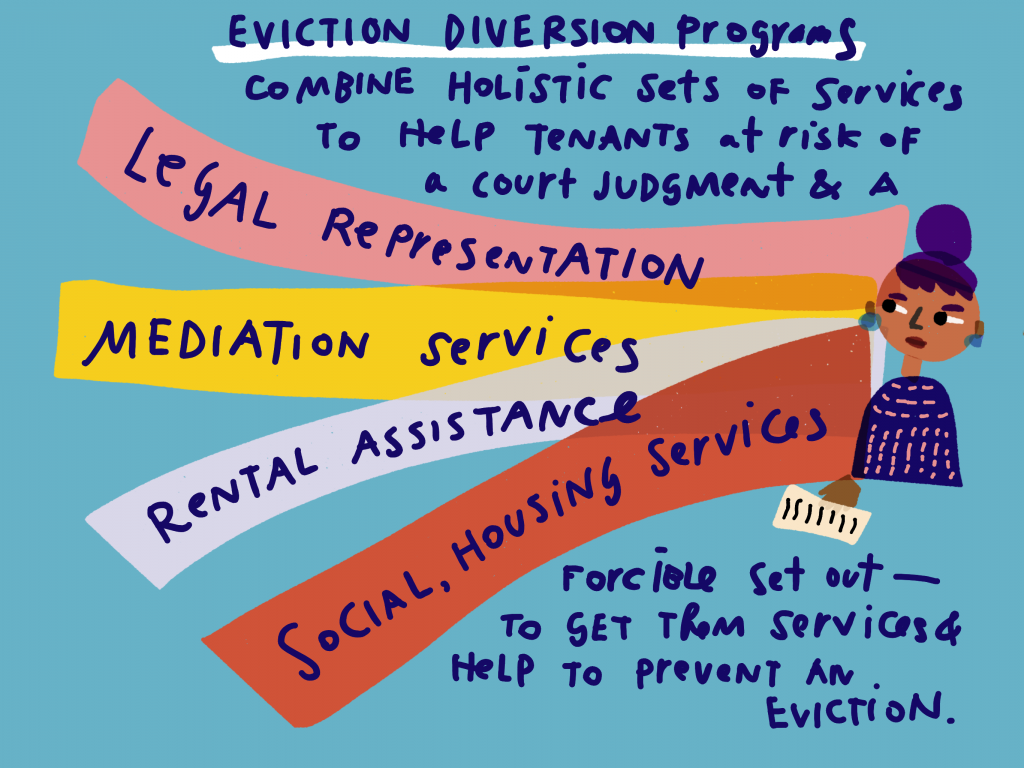
Eviction Diversion Programs have emerged as one of the most promising new practices to stop eviction lawsuits, and mitigate harms.
Eviction Diversion Programs offer holistic sets of services to tenants at risk of eviction (after a lawsuit, after a notice, or otherwise). They provide rent help, mediation services, and then sometimes also legal representation and housing counseling. Their goal is to divert the situation away from an eviction trial and forcible set-out. Instead, they often result in rental assistance, a new payment plan, and a tenant-landlord agreement to continue their relationship.
Most Eviction Diversion Programs are hosted at courts, but they are created and staffed by a local coalition of service-providers and policy-makers.
Explore how you might set up an Eviction Diversion Program in your local courts and community.
Eviction Prevention Technology and Data initiatives
Many new websites, apps, document-assembly tools, data initiatives, and other tech efforts have begun, in order to improve services and policy-making around evictions.
- Eviction Diversion Data StrategyLessons from the Eviction Diversion Initiative for Coordinated Data & Outcomes Measurement Eviction diversion programs aim to prevent unnecessary displacement by connecting tenants and landlords with referrals, resources, and resolution options such as mediation. As these programs expand, evaluating their effectiveness is crucial for improving services, influencing policy, and ensuring they meet the needs of…
- Local Eviction Data TrackersMany more cities, counties, and states have begun to track eviction court data. The New America project on improving Eviction Data has collected together a national view on who is currently collection eviction case & outcome data, and how they’re being shared out. There are a handful of national Eviction Data Trackers: Local Eviction Data…
- Indiana Evictions DashboardIndiana courts have made data about eviction filings available, and this interactive dashboard presents case filing data along with demographic, geographic, and individual story data.
- Online Dispute Resolution for landlord-tenant court in DelawareDelaware Justice of the Peace court may be the first in the nation to launch an online platform for landlords & tenants to resolve their case without going to court in person. This Landlord-Tenant ODR system is built by Matterhorn (a Court Innovations company). The ODR system allows for online mediation. In some cases it…
- Tenant Power Toolkit for CaliforniansLA nonprofits have created a free legal technology tool for tenants to respond to their eviction lawsuits. The Tenant Power Toolkit helps a person easily fill in the answer form & get it into the court.
Tell us about an eviction program
We are looking for detailed descriptions of programs that address the eviction crisis. Do you run such a program, or know of one? Please let us know!
Emergency and COVID-19 anti-eviction initiatives
The COVID-19 public health crisis threatens to create an eviction filing tsunami, as people are unable to afford their rent because of pandemic-related hardships. In response, there have been many new initiatives to prevent evictions during the crisis, and to limit the social harms that can result from housing instability.
- COVID-19 Eviction FormsHow can a person get protected under the national eviction moratorium during COVID-19? They need to fill in a Declaration document, as well as making sure they fit the requirements the CDC has laid out. This online tool, COVID-19 Eviction Forms, leads people through this Declaration drafting.
- CDC National Eviction MoratoriumThe CDC Eviction Moratorium is a new national emergency policy, that orders that renters should be protected from eviction if they are unable to pay their rent due to hardships like job loss, income loss, or medical expenses. This protection lasts from September 4, 2020 through December 31, 2020.
- The CARES Act & Public Housing Authority renter policies during COVIDSince the passage of the CARES Act on March 27th, 2020, Public Housing Authorities have been working to implement guidance from HUD in order to prevent evictions from subsidized housing for nonpayment of rent due to COVID-19.
- Eviction Legal Help FAQ site for COVID-19 renters’ rightsThe national eviction help and renters’ rights FAQ site coordinates plain-language explanations of emergency COVID-19 protections for renters. It also presents them with local legal and financial assistance they can use. Can I be evicted? What if I can’t pay my rent because of COVID? Who can help me cover my housing costs? This FAQ site is designed to get these local answers featured more prominently on search engines and elsewhere online.
- Eviction Moratorium policies to protect tenants during COVID-19During the COVID-19 emergency, many governments have created new Eviction Moratorium policies that give special protections to tenants who might not be able to pay their rent, or who are at risk of displacement during the emergency.
Legal services, navigator, and empowerment programs
A primary area of eviction prevention is in getting more people legal support, education, and representation. These projects focus on educating tenants and landlords about their legal rights, pairing them with non-lawyer navigators, connecting them with free or affordable lawyers to represent them, and otherwise get legal help.
- Housing Courts in Charleston, South Carolina
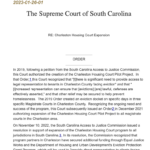 New Housing Court models have emerged out of Charleston, South Carolina, where stakeholders have created a program hosted in the court to get more access to legal representation to eligible tenants, to help them avoid evictions.
New Housing Court models have emerged out of Charleston, South Carolina, where stakeholders have created a program hosted in the court to get more access to legal representation to eligible tenants, to help them avoid evictions. - Tenant Assistance Project in Nebraska
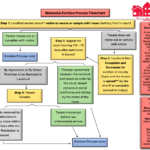 Some counties in Nebraska have started a comprehensive court-based program to connect tenants with attorneys, resources, eviction defense strategies, and procedural coaching. This can stop immediate evictions.
Some counties in Nebraska have started a comprehensive court-based program to connect tenants with attorneys, resources, eviction defense strategies, and procedural coaching. This can stop immediate evictions. - Eviction Help Flier
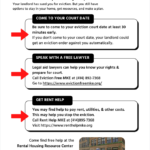 Make sure a tenant who has been sued for eviction also knows their options to get help & be prepared for court.
Make sure a tenant who has been sued for eviction also knows their options to get help & be prepared for court. - Eviction Court Summons from Montana
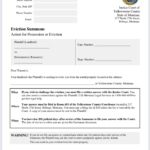 When a person is sued for eviction, how are they notified? A court summons is a crucial document to let them know about the lawsuit, help them connect with services, and get them prepared for important hearings and deadlines. This court summons was designed to be more user-friendly & accessible.
When a person is sued for eviction, how are they notified? A court summons is a crucial document to let them know about the lawsuit, help them connect with services, and get them prepared for important hearings and deadlines. This court summons was designed to be more user-friendly & accessible. - Eviction Notice design from Las Vegas
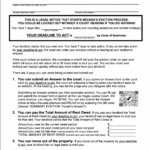 How can courts and legal actors warn a tenant about a possible eviction –so that they take action, connect with services, and avoid a forcible move? This new warning notice from Las Vegas is one example of a strategic, simplified design.
How can courts and legal actors warn a tenant about a possible eviction –so that they take action, connect with services, and avoid a forcible move? This new warning notice from Las Vegas is one example of a strategic, simplified design.
